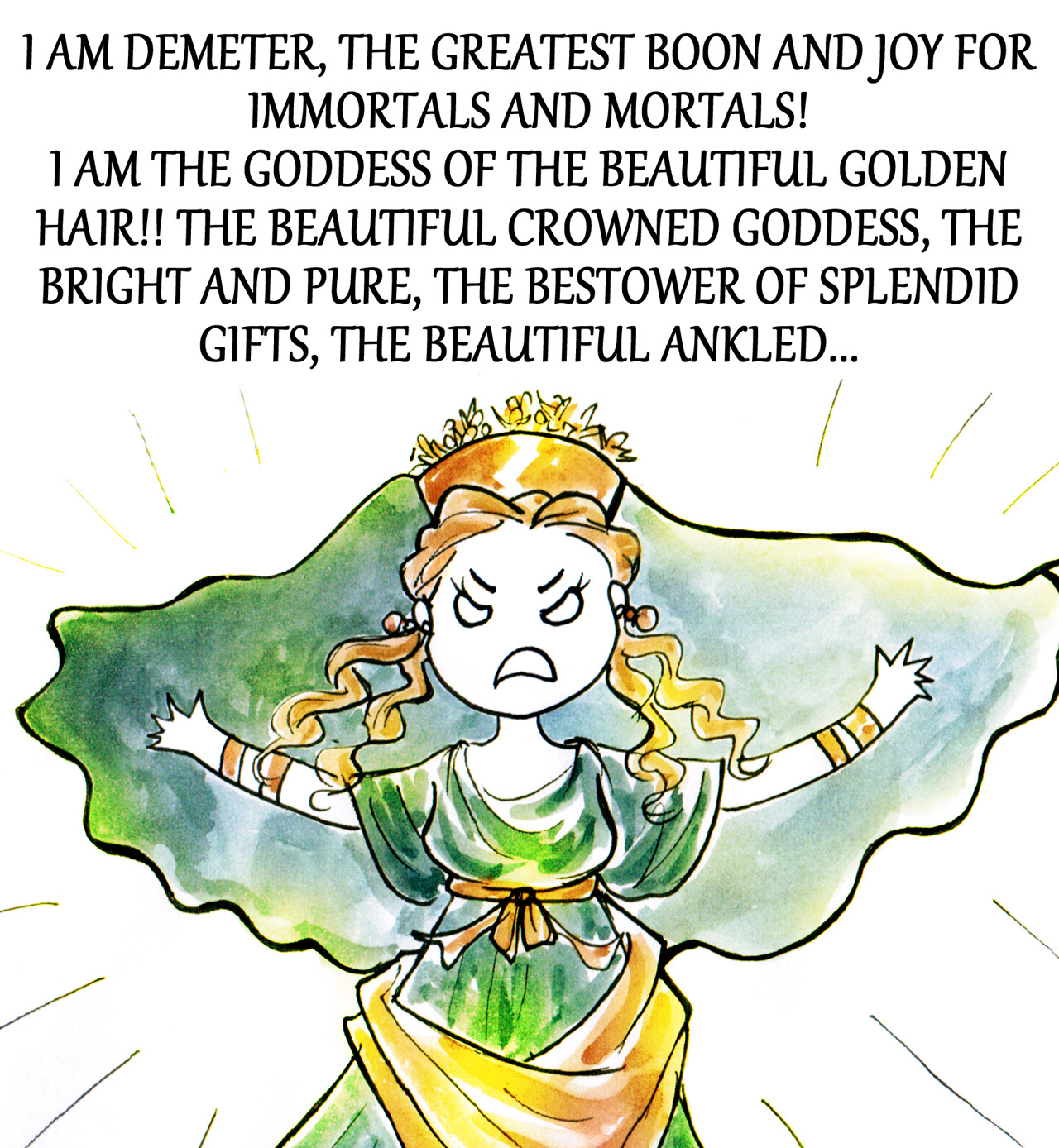


This poem is particularly entertaining, and delightful to read. Once she is on their level, she loses her power to make them mate with humans. By having sex with a mortal man, Aphrodite is reduced to the same shameful position as the other gods she had previously manipulated. In order to put a stop to this intermingling of the human and the divine, and to re-establish his own control, Zeus arranges for his daughter to fall in love with a mortal man, in this case, the Trojan hero Anchises. Aphrodite had been exercising her power over all the gods, including Zeus, by making them mate with mortals, and then father or give birth to mortal children. The "Hymn to Aphrodite," the goddess of love, celebrates a reduction in her power over sexuality. hymns 2-5, are more lengthy: (2) to Demeter 495 lines (3) to Apollo 546 lines (4) to Hermes 580 lines and (5) to Aphrodite 293 lines.Įach of these four longer narratives tell a story about a critical event in the life of the deity that led to a change in his or her power. Most of them are very short, if not fragmentary, but four of them, i.e. in dactylic hexameters, and in a dialect closely resembling that of Homer. Although it is now clear they were not written by Homer, they were composed in the old epic style, i.e.

In antiquity they were uncritically attributed to Homer, the earliest reference to them coming from Thucydides (see Bk III. The Hymn to Aphrodite is the fifth in a collection of thirty-three anonymous ancient Greek hymns celebrating individual gods, mostly dating to the seventh century B.C., shortly after the works of Homer and Hesiod had first been written down, and they are therefore among the oldest monuments of Ancient Greek literature.


 0 kommentar(er)
0 kommentar(er)
